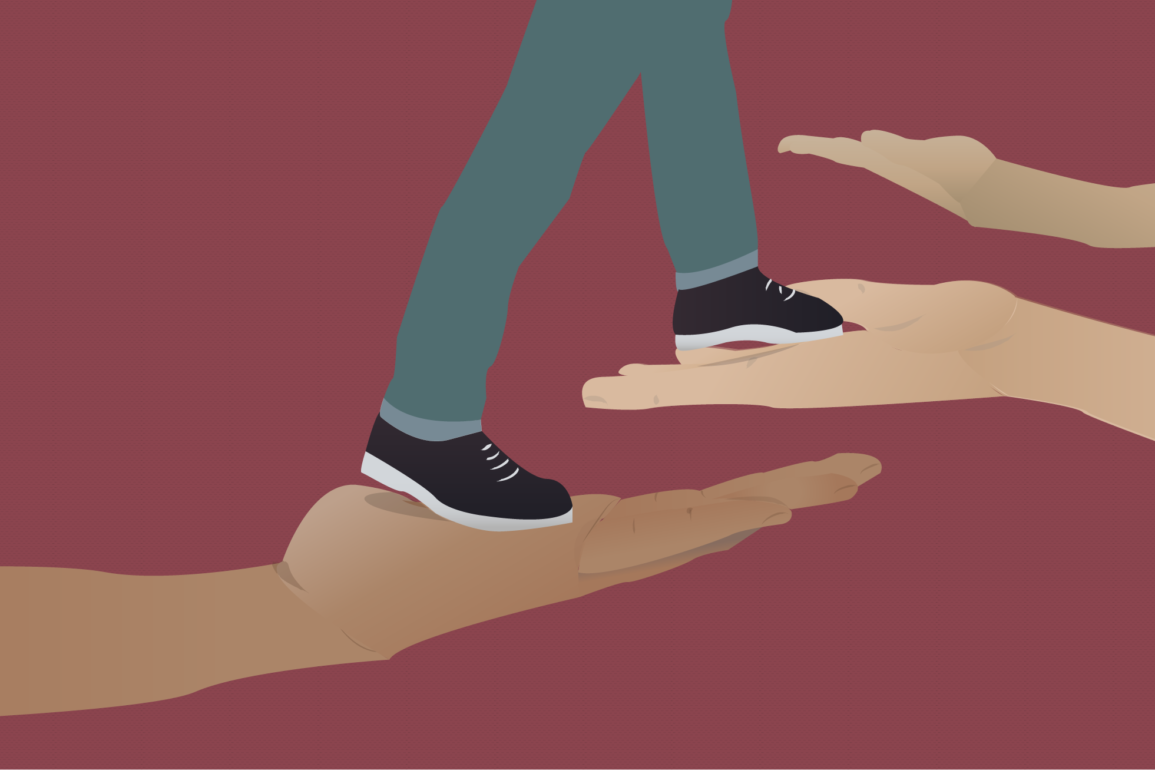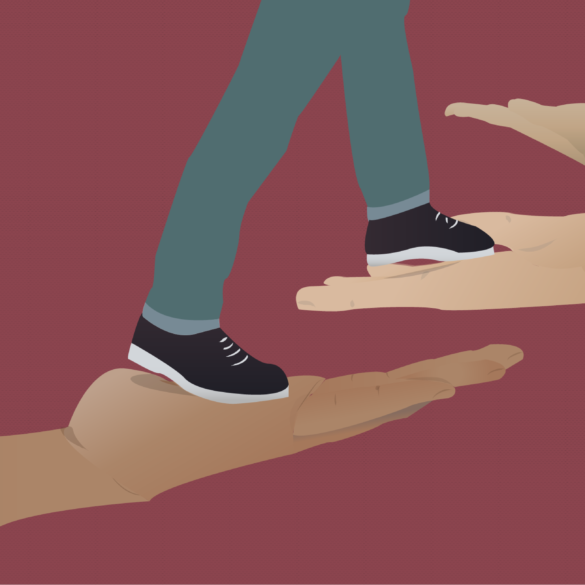Ball State University has student volunteer opportunities, and many students form communities within each organization.
Through volunteering, people can offer their time and energy to help others. The Bureau of Labor Statistics reports that 62.6 million people volunteered from Sept. 2014 to Sept. 2015. Ball State University can help students contribute to this number, offering more than 20 student organizations that provide volunteer opportunities. With so many options available, many students have found a community and culture in their volunteer organizations.
This culture could be driven by a shared goal. Students who frequently volunteer might feel they have more purpose in life, as a study published by The Journal of Social Psychology found. The study also found that students were more likely to volunteer if they were self-motivated to do so.
Students who volunteer can experience a stronger feeling of purpose. Volunteering can be a way to contribute to society and make people feel as though they’ve done something good for the world. Because of this, volunteering could mean different things to different people.
Ball Bearings sat down with several student volunteers to explore this idea.
 Molly Carpenter is a student volunteer for Epsilon Sigma Alpha, a community service organization on campus.
Molly Carpenter is a student volunteer for Epsilon Sigma Alpha, a community service organization on campus.
“I think that being part of a volunteer community means that you not only strive to help others, but to help each other when each other are in need. Like, somebody needs picked up from an appointment or driven to an appointment or just needs to spend some time with somebody, or go to a movie or whatever. So, it’s not always about helping the less fortunate but [also about] lifting each other up. So, in my volunteer group, Epsilon Sigma Alpha, we have a social page where people can post on it, and if they want to go do something or need something. Recently one of the members broke her wrist, and so I drove her to the orthopedic center to get her cast on and everything. So I guess that’s one thing that I have done. And then other members have helped with flat tires or driven people to get their car from the repair shop. So, yeah it’s a very promoting self-worth and loving-each-other-kind-of-culture.”
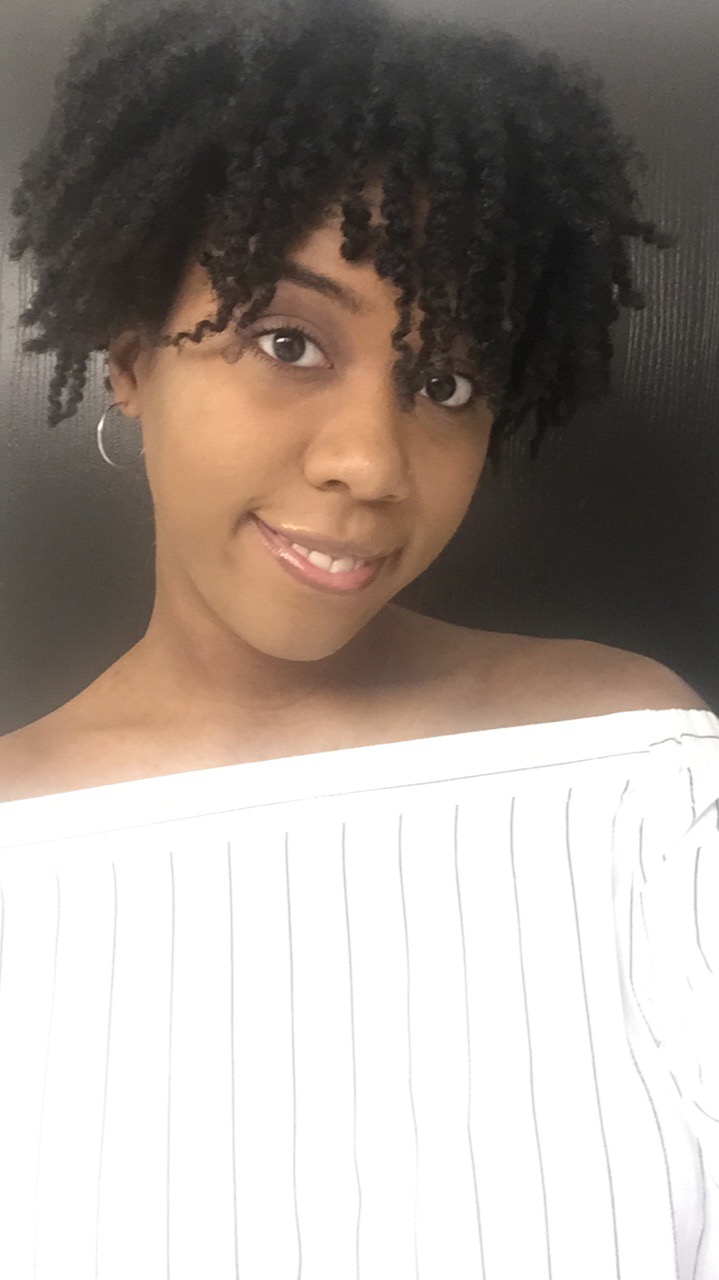 Delanie Jackson is a program coordinator for Student Voluntary Services (SVS), a community service organization at Ball State.
Delanie Jackson is a program coordinator for Student Voluntary Services (SVS), a community service organization at Ball State.
“Volunteer culture, to me, is just a sense of a community. We all have a common goal of wanting to help the Muncie community in whatever way we can—through our different programs, through Student Voluntary Services. We all come together, and it’s just nice seeing each other on a weekly basis when we go out and do things and we bond over what happened that day, or just other things like that. My group of volunteers [and I] talk every time we [volunteer]. One time I was sharing that a child drew me a picture, and it was just really nice how we were all bonding over that, and it was really cool.
I just see it come together because at the start of the semester, we really don’t know who each other are, and then once we go every week and we interact with each other, we can see that these relationships are forming. SVS has tons of volunteer opportunities, [so] you could find whatever you’re interested in and go from there. There [are] people interested in the same thing you are.”
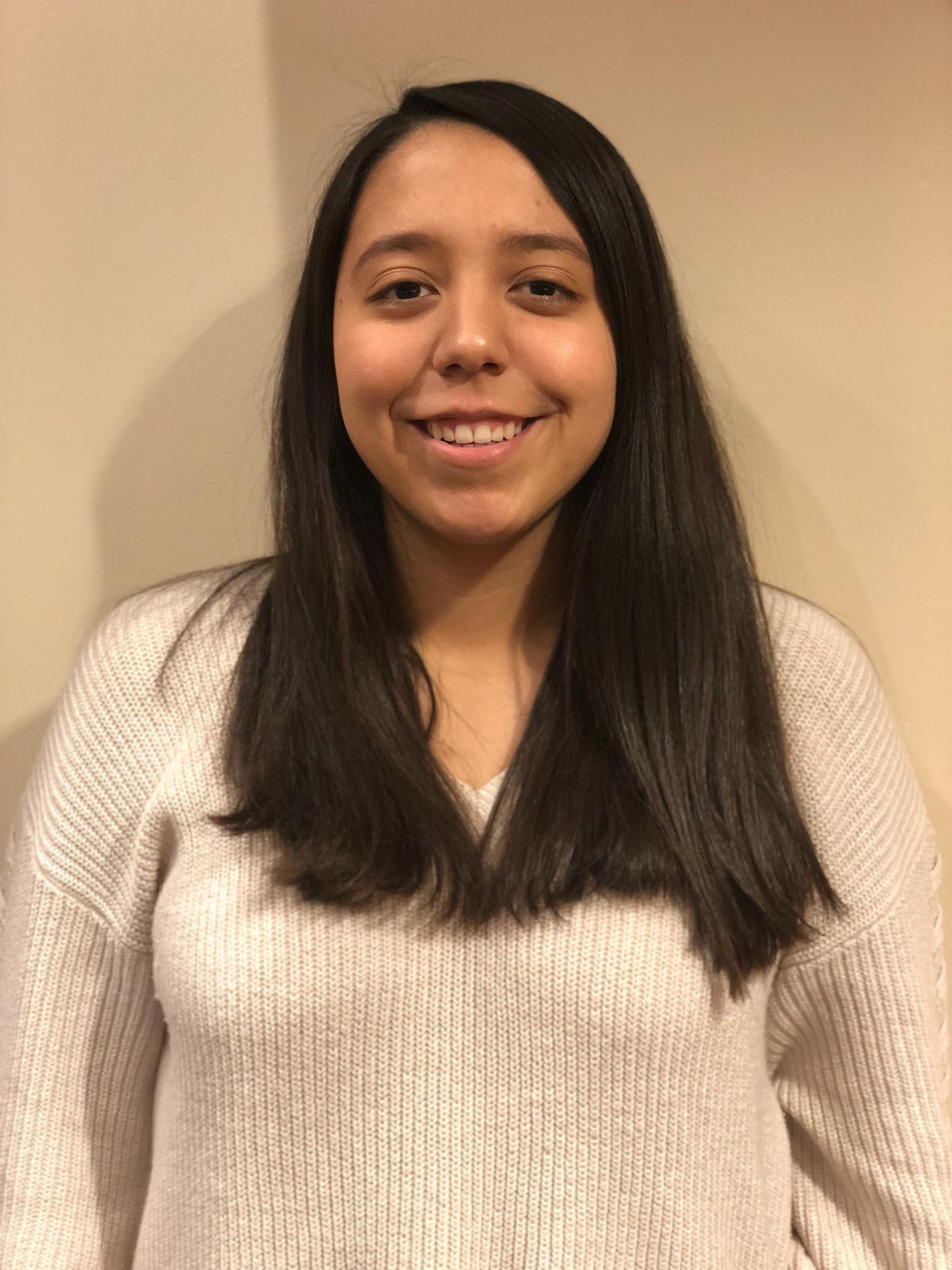 Lilyana Salazar is a volunteer coordinator for Cardinal Kitchen, a food pantry on campus.
Lilyana Salazar is a volunteer coordinator for Cardinal Kitchen, a food pantry on campus.
“I started [with Cardinal Kitchen] this year because I’m a freshman right now, and I started with them in August. And just going into there, everybody was so welcoming and I met a whole bunch of new people, and then moving up into the exec position this semester, I met more new people.
It’s honestly so amazing because I get to see how everybody’s lifestyles are and what brought them to the kitchen and to volunteering. Some people do it more for getting service hours done, and others just come and see us doing things and they just want to help. So it’s nice seeing everybody’s different perspectives on why they want to volunteer, and just making friendships and everything along the way.
A person from my high school went to Ball State and told me about Cardinal Kitchen, and I just wanted to volunteer. But when I went into it, I thought it was [something] different than what it actually was. So, I didn’t really have the right impression of it, but then when I went in I ended up loving it. In the beginning, I really thought we would be serving food, like an actual soup kitchen. I didn’t really know it would be in such a small area, and I thought it would be just like a bigger type of organization.”
 Jack Salzman is a member of Music and Memory, an organization that supplies iPods and music to nursing homes for Alzheimer’s patients.
Jack Salzman is a member of Music and Memory, an organization that supplies iPods and music to nursing homes for Alzheimer’s patients.
“Volunteer culture to me means basically you’re kind of a team and your goal is to achieve something greater. And in our case our goal is to provide personalized music therapy for Alzheimer’s patients. So, the way I see volunteer culture basically, it’s a collaboration of like-minded individuals looking to achieve a greater goal. I’ve done it all four years and some of these people are my closest friends, and I could not work with better people, honestly. These people, I’ve literally grown with, you know, since freshman year onward, so being able to share this common thread of volunteering all four years, it’s kind of an amazing thing to watch our friendship transpire because of that.
The one thing that does, unfortunately, get us closer as volunteers is the passing of a resident. So, some of our bonds have been strongest in that regard because we’ve had a lot of our great residents pass away within the last several years. That’s kind of what unites us though because the things is, we’ve learned to understand it better because we’ve realized how much we’ve meant [to] them. So, it feels a little bit better on you.
I mean, obviously you feel sad that they’re gone, but you realize in the grand scheme of things how much they actually did mean to you and you meant to them.”

Caleb Carlson is a Riley Relations committee member for Dance Marathon, which raises money for Riley Children’s Hospital.
“Volunteer culture is something that I really value because you can take a small part out of your day and make a huge difference. Specifically, Ball State Dance Marathon—a big group of people come together and dance. They take 13 hours out of their day just to make a kid’s day that has went through so much and make a huge impact for Riley Hospital for Children.
I think [volunteering] makes me happier. It helps relieve stress. So, I was involved with Indiana Wesleyan’s first Dance Marathon [before I] transferred to Ball State last semester. So, I just wanted to get more involved, and I was on the Riley relations committee. We had about 65 plus people in the committee. And it was really cool just each week to get to know somebody a little bit better because I love getting to know people better, but at the same time it’s kind of hard to know that many people when we’re all crazy busy. So, friendships have come out of [volunteering] because you’re getting together with people [who] have the same-minded mission as you—to make an impact for other people.
There’s a couple times we did [bond with other volunteers]. We called it a retreat, but we just went over to the Student Center. We just all hung out as a committee or as much of us as we could and just did different activities like maybe one in particular, we had a piece of paper taped to our back, and we went around and wrote encouraging words of stuff we learned about the person or just words of encouragement that described that person.”
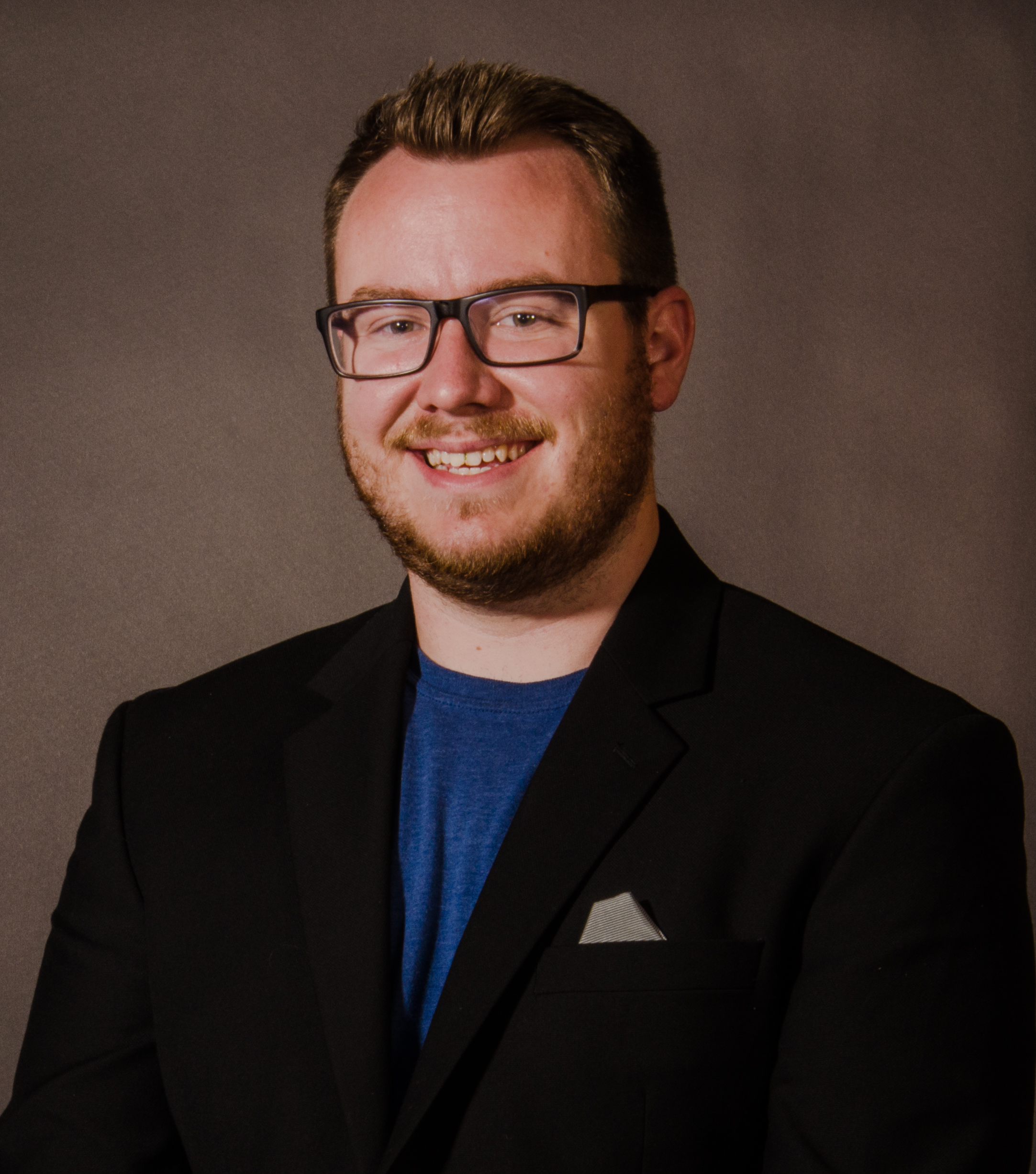 Ryan Vivirito is a Dance Marathon Morale committee member and Camp Kesem Counselor. Camp Kesem is a summer camp for children with parents who have cancer.
Ryan Vivirito is a Dance Marathon Morale committee member and Camp Kesem Counselor. Camp Kesem is a summer camp for children with parents who have cancer.
“To me, volunteer culture is kind of like you all come together to achieve the same goal. There’s a reason you’re all there, whether it’s for a class or actually what you want to do, but you’re all wanting something to come from it. You don’t want to just absently be there. You’re actually all motivated to do it, as opposed to if it’s something paid [for which] you’re just there for the money. With volunteering, you’re there for the goal.
Some of my best friends are in [Dance Marathon], and then the other one that I’m in is Camp Kesem, and that’s entirely volunteer-based, as well. And so that is people I’d never even met, [but I] talk to [them] every day now. Camp Kesem is a summer camp for children whose parents have or have had cancer. And so all the counselors are just completely volunteer. We raise money year-round so they can come for free. But one of the big things that we do with the kids is have a night during the week where they just talk about what’s going on in their lives. We kind of have to brace ourselves for it. That night before the kids come, all the camp counselors [share with one another] why we’re there. That was one of the biggest bonding experiences—that you’re all there for that reason, and you might not know it, but you’re closer than you realize. That was when a lot of people were like ‘Oh, well actually I really appreciate this about you’ and you were like ‘I didn’t even realize I did that.’”
Ball Bearing has edited statements for clarity


